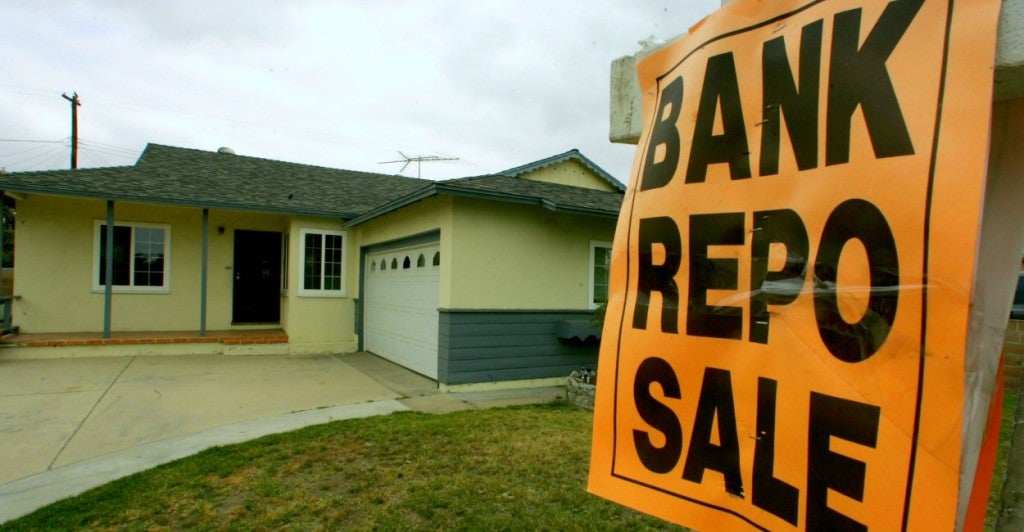Fannie Mae and Freddie Mac, the two government-backed housing corporations bailed out seven years ago by federal taxpayers, may be headed for trouble again.
Despite post-financial crisis pressure to reform, neither Fannie nor Freddie has done much to mitigate the risk to the American taxpayer inherent in government backing for these institutions.
In fact, it appears that their equity (capital) cushion is dwindling even as portfolio obligations guaranteed by the federal taxpayer have increased in size totaling nearly $5 trillion.
Adding insult to injury, Fannie and Freddie continue to advance the same types of “affordable housing” programs that fueled the last housing crisis. They’ve also added a new Housing Trust Fund aimed at so-called “underserved” geographic regions.
The vital lesson that policy leaders need to learn is that these government-backed corporations are not making failures in the U.S. housing and housing finance system any less likely.
In fact, the systematic intervention of the federal government into the U.S. housing and financial system has had the opposite effect—increasing market risk.
The broad government intervention has undermined the U.S. financial system’s overall resiliency and ability to supply private capital without government guarantees, induced a dramatic increase in mortgage debt burdening homeowners, and cost federal taxpayers billions in financial bailouts.
It is crucial that we avoid today the same mistakes that led to the 2008 housing crisis.
Policy leaders can change the status quo by opting for a durable and equitable housing finance system built on conservative, free market principles.
